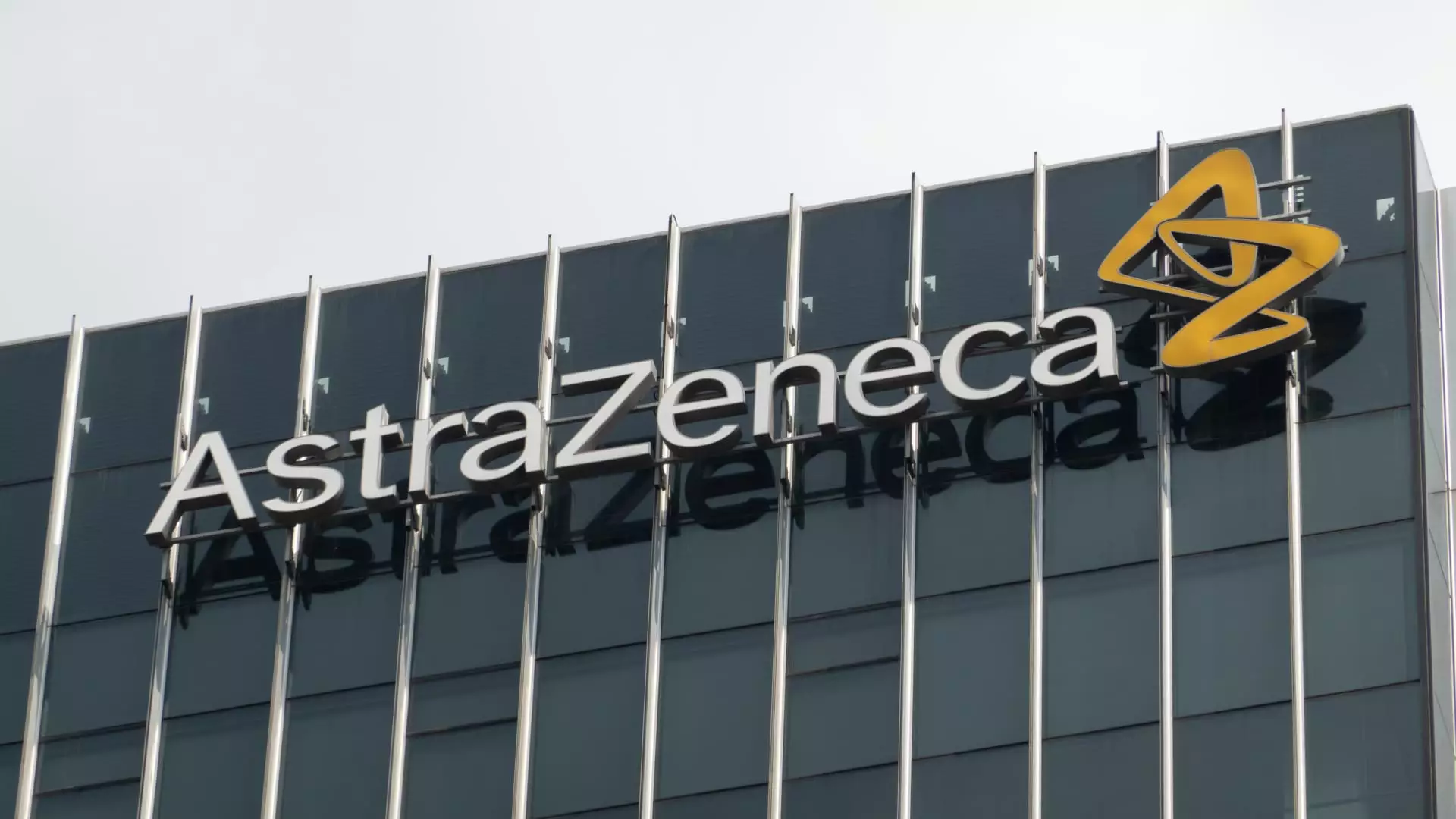In recent weeks, the pharmaceutical industry has embarked on a visible campaign of reassurance, announcing billions in investments within the United States. AstraZeneca’s pledge of $50 billion by 2030, along with similar commitments from Novartis, Sanofi, and other global players, appears to signal an era of renewed American industrial strength. However, beneath this glossy veneer lies a more complicated reality: these proclamations may be more about strategic positioning than genuine devotion to U.S. manufacturing. While the companies tout increased jobs and advanced research capabilities, they are also navigating a landscape riddled with uncertainty—ranging from volatile trade policies to unpredictable tariffs, especially in the context of the Trump administration’s tariffs and investigations into industry protectionism.
This narrative is less about unwavering dedication and more a calculated response to mounting pressures—investment moves designed to stave off disruptive tariffs, appease policymakers, and hedge against other geopolitical risks. Their aggressive planning could be seen as an elaborate game, designed more to protect shareholder value than to truly commit to a long-term, American-centric manufacturing ethos. The reality is that these firms are primarily motivated by optimizing profit margins and safeguarding market dominance, not by an ethical or patriotic commitment to the U.S. economy.
The Myth of Swift Industrial Reshoring
Many critics, and even some industry insiders, are skeptical about the timeline these corporations present. Promises to accelerate the reshoring process—moving manufacturing from overseas back to the U.S.—sound compelling in press releases, yet they often clash with the complex realities of pharmaceutical production. Most medicines require extensive, time-consuming development, testing, and regulatory approval processes. Shifting production infrastructure, especially in highly specialized areas like cell therapy and biologics, is hardly a swift endeavor.
The “12- to 18-month” window some executives mention is likely an optimistic projection designed to placate political concerns. In truth, creating fully operational, reliable manufacturing facilities for complex drugs typically spans several years, if not decades. By framing their timelines in such short terms, these corporations attempt to paint an image of rapid responsiveness, but the facts suggest a more cautious reality—one where true manufacturing independence from geopolitical risks remains a long-term goal, not an immediate outcome.
Trade Politics and Public Relations: A Double-Edged Sword
The push for U.S.-centric investment is intertwined with the politics of tariffs and trade strategies. The Trump administration’s threats of up to 200% tariffs and investigations into the sector have created a climate of uncertainty for multinational pharmaceutical companies. While the industry appears to engage in “patriotism” through massive investments, their real motivation often aligns more with safeguarding profits than fostering sustainable, domestic innovation. They are aware that tariffs, if imposed, could drastically increase the cost of overseas production, compelling a reconfiguration of supply chains—whether out of genuine commitment or sheer survival.
However, whether these investments will translate into meaningful economic benefits for American workers remains questionable. The creation of “tens of thousands of jobs” is frequently a promotional claim that, in practice, may involve automation, advanced manufacturing techniques, and high-skilled labor rather than a straightforward expansion of employment opportunities. Moreover, corporate motives to relocate their listings or restructure their global tax arrangements to avoid increased taxation highlight a tendency toward opportunism rather than patriotism.
The Deceptive Narrative of Innovation Leadership
At the core of these investment announcements is a narrative of innovation leadership. AstraZeneca and their counterparts want to position themselves as champions of American biomedical progress—leveraging AI, automation, and cutting-edge research to dominate global markets. But this lofty rhetoric obscures a critical truth: the pharmaceutical industry’s innovation is increasingly driven by data-driven tech rather than local manufacturing prowess. The real challenge doesn’t lie solely in building impressive labs or manufacturing plants but in addressing systemic issues such as drug pricing, patent barriers, and equitable access.
Furthermore, the emphasis on artificial intelligence and automation, while promising, risks perpetuating a false dichotomy: that technological innovation alone can rescue or redefine the sector’s flawed economic and ethical structures. The industry’s fixation on glitzy technological advancements sometimes distracts from essential debates about affordability, transparency, and the true purpose of healthcare.
Ultimately, AstraZeneca’s grand investment plans and the industry’s overall U.S. pivot reflect a complex mix of economic opportunism, political maneuvering, and superficial patriotism. Beneath the shiny surface of billions in new infrastructure and jobs, little guarantees a genuine, long-lasting transformation—only a strategic repositioning driven by the dynamic tides of geopolitics and market competition.



Leave a Reply